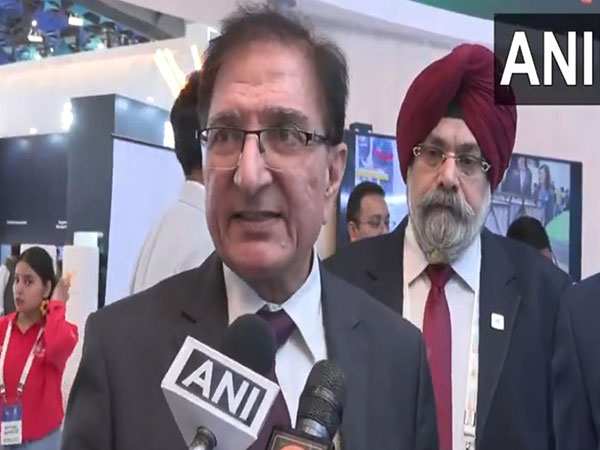New Delhi [India], August 22 (ANI): City gas companies see compressed biogas (CBG) and liquefied natural gas (LNG) as the next big growth drivers in India’s clean energy transition, with the two sectors expected to “flourish in the next five to ten years,” Indraprastha Gas Limited (IGL) Executive Director Sanjeev Bhatia said at the PHDCCI Global Summit on Sustainability 2025.
Speaking at the session on hard-to-abate sectors, Bhatia said that while India’s natural gas share in the energy mix is targeted to rise from 6.5 per cent to 15 per cent by 2030, domestic production is not keeping pace with demand, making alternatives like CBG critical. “The government has already mandated city gas distributors to invest in compressed biogas plants. IGL has been tasked to set up at least 10 such facilities, with one plant at Narela in Delhi expected to begin operations by October. This unit will produce four tonnes of gas per day from municipal solid waste,” he said.
On LNG, Bhatia underlined the massive potential in India’s transport sector, comparing India’s 700 LNG-fuelled trucks to China’s six lakh. “If we can even convert a fraction of diesel trucks to LNG, pollution can be cut by 30 per cent,” he said.
To address the “chicken and egg” dilemma of infrastructure versus vehicle adoption, IGL and other gas companies plan to install 50 LNG stations along the golden quadrilateral, while working with cement, steel and fertiliser industries to mandate at least 10-20 per cent of fleet conversion.
“CBG and LNG are natural extensions of CNG, and these two sectors will flourish in the next five to ten years,” Bhatia stressed, noting that hydrogen blending remains commercially unviable at present.
International Solar Alliance (ISA) Director General Ashish Khanna, also addressing the summit, said India’s achievements in renewable energy have made it a global leader in the solar sector. “India is the only G20 country that has achieved its 50 per cent renewable energy capacity target well ahead of time, with 116 GW of solar already commissioned. This has been possible because India created an ecosystem of strong political will, policy support, financial backing, and private sector capacity,” he said.
Karthikeyan K, Vice President of Invest India, highlighted the urgency of decarbonisation in hard-to-abate sectors like steel, cement and oil & gas. “Growth is inevitable, but the real question is what kind of growth. We must ensure factories expand and cities grow without leaving behind polluted rivers, choking air or marginalised communities. Green manufacturing and decisive decarbonisation are now imperatives, not ideals,” he said. (ANI)
Disclaimer: This story is auto-generated from a syndicated feed of ANI; only the image & headline may have been reworked by News Services Division of World News Network Inc Ltd and Palghar News and Pune News and World News
HINDI, MARATHI, GUJARATI, TAMIL, TELUGU, BENGALI, KANNADA, ORIYA, PUNJABI, URDU, MALAYALAM
For more details and packages
















